When someone mentions a stainless steel water bottle, many people immediately think of Yeti.
This brand’s drinkware is considered among the best on the market: their jugs, mugs, bottles, and tumblers are made of durable materials and effortlessly maintain the temperature of one’s drinks. This is precisely what makes the brand’s products quite expensive.
In this article, I’ll compare one of Yeti’s most popular bottles – the Rambler 26 oz – with a cheaper alternative from Contigo: the Autoseal 24 oz bottle. This is a 2-pack that costs less than a single Rambler model mentioned above – is it a deal worth going for?
Contigo Autoseal 24 oz Bottle
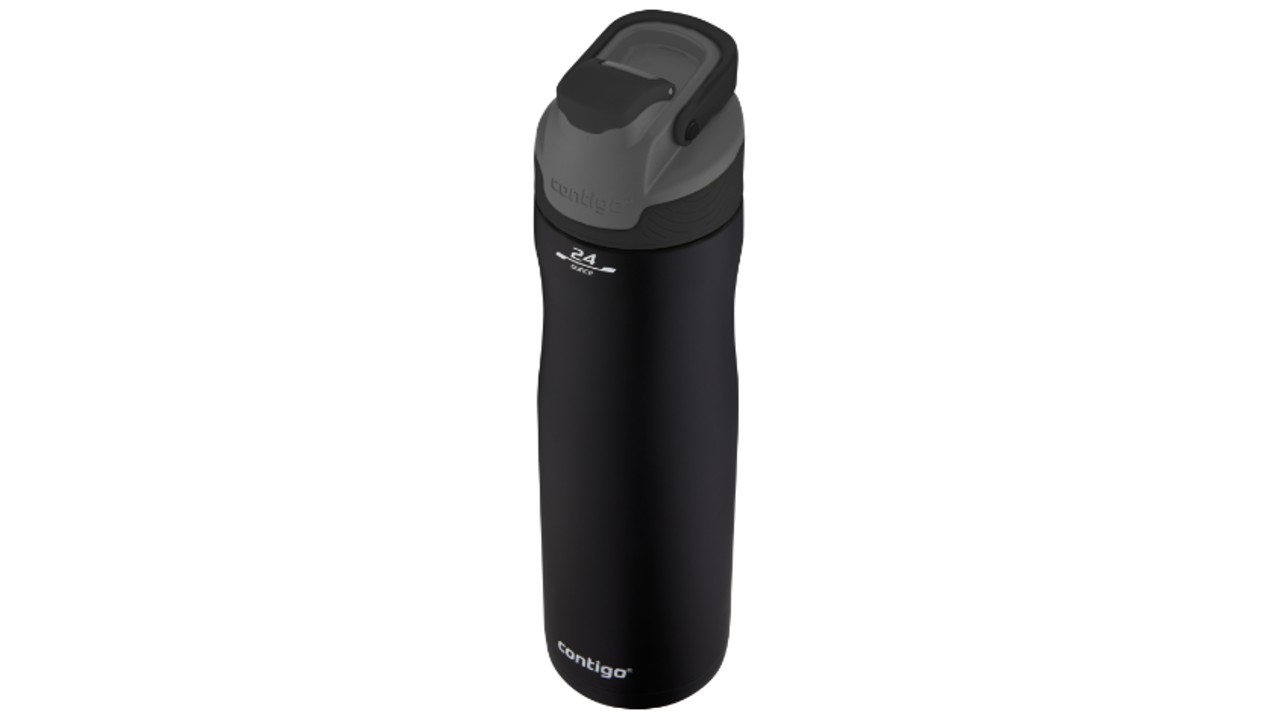
Specifications:
- Weight: 1.05 lbs
- Material: Stainless steel
- Colors Available: 25
There are two main culprits behind this bottle’s immense popularity – its low price and the fact that this is actually a 2-pack.
For around $30, you can get two well-made stainless steel bottles whose performance may not be the best, but which can definitely serve you for years as long as you take proper care of them. You may also want to check out how Contigo compares against Hydro Flask.
Pros:
- Leak-resistant Autoseal lid
- Inexpensive 2-Pack
- Lightweight
Cons:
- Not as durable or high-performing as its rival
Yeti Rambler 26 oz Bottle
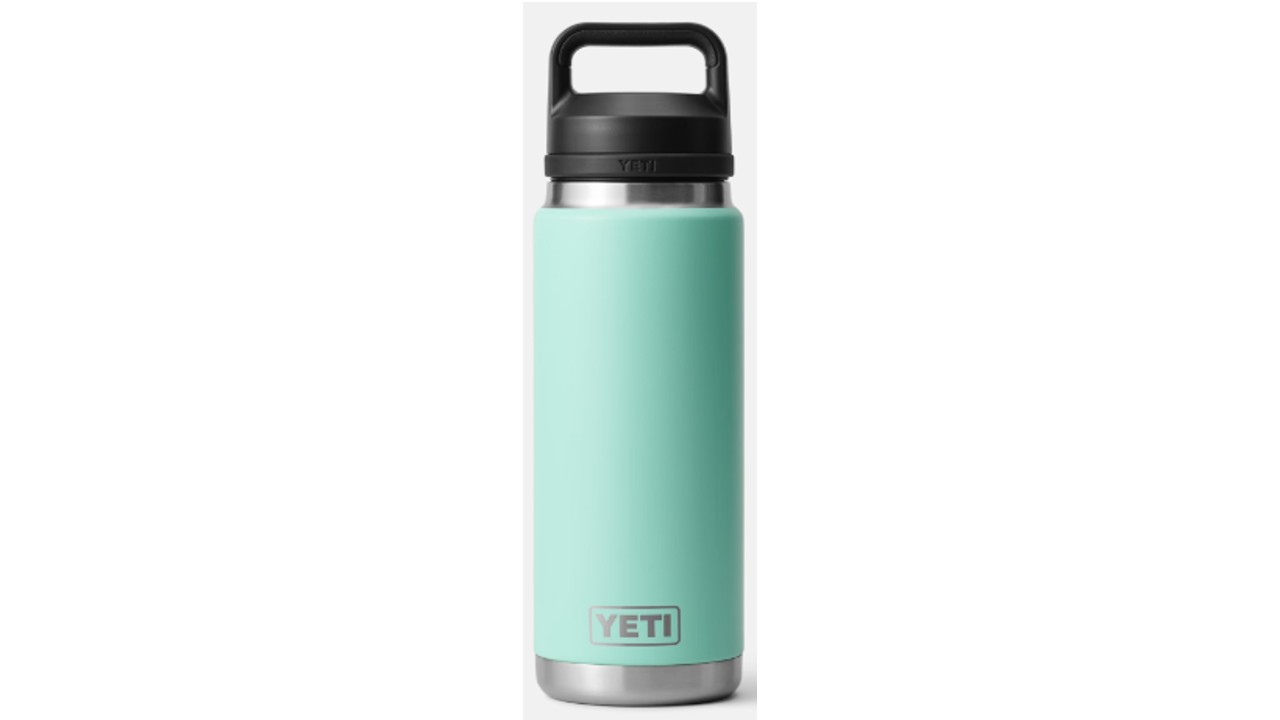
Specifications:
- Weight: 1.6 lbs
- Material: Stainless steel
- Colors Available: 23
One of the world’s most popular products of this type, Yeti’s Rambler bottle excels in all the possible departments you can imagine.
The fact that it’s heavier and costs more than its rival is the direct consequence of this bottle’s phenomenal build quality and high-performing insulation. The Rambler is a seriously well-made product and a truly worthwhile investment in every sense of that term. If you are interested in other brands similar to Yeti, check out our Under Armour vs Yeti Thermos comparison.
Pros:
- Sturdy 18/8 stainless steel construction
- Superb thermoregulation capabilities
- Wide 3-finger handle
Cons:
- Heavier & more expensive
The Comparison
The Construction Quality
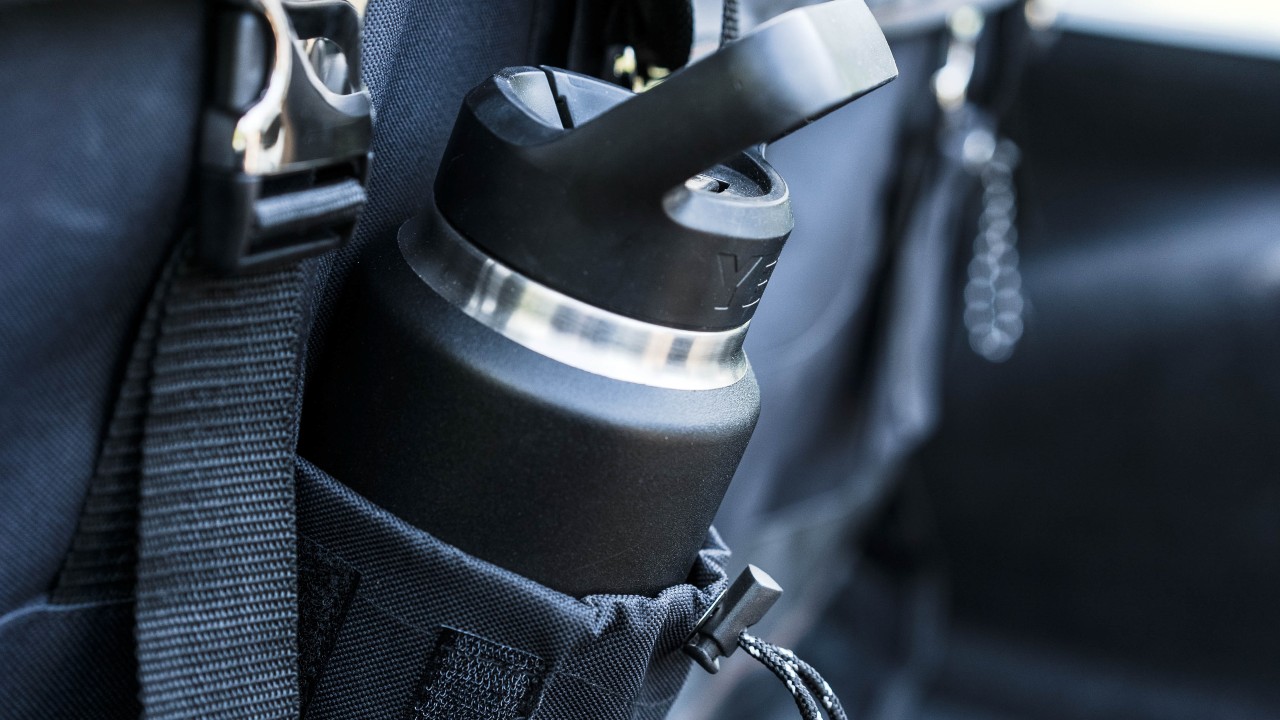
When you accidentally drop your stainless steel bottle during a hike over rough terrain, you don’t want it to fall apart right there on the spot. A product of this type needs to be genuinely durable and as resistant to dents and scratches as possible.
Yeti is well-known for making some of the world’s most durable drinkware, and the Rambler 26 oz bottle is no exception to this rule. It is highly resistant to dents and punctures due to its rugged 18/8 stainless steel construction. Even the model’s Chug Cap – which is made out of plastic – passed my drop test without a single scratch.
Unfortunately, Contigo’s Autoseal bottle is not as hard-wearing as its rival. I dropped it from a height of a few feet onto a concrete surface, and the model suffered one smaller dent and a couple of (very) minor scratches. This is still quite decent when compared to the durability of truly cheap bottles made by no-name brands.
If you’re looking for a genuinely long-lasting water bottle, Yeti’s Rambler is the way to go. It’s the clear winner in this category and one of the market’s top options for outdoor enthusiasts who have durability as their top priority.
Drawing a parallel to another popular comparison, Yeti vs Hydrapeak, durability is often a pivotal point of discussion. Hydrapeak bottles, like Yeti, are recognized for their robust construction and ability to endure the rigors of adventurous use. The discourse often leans into the subtle distinctions in design and material quality, with both brands offering reliable options for those seeking a durable water bottle.
The Performance
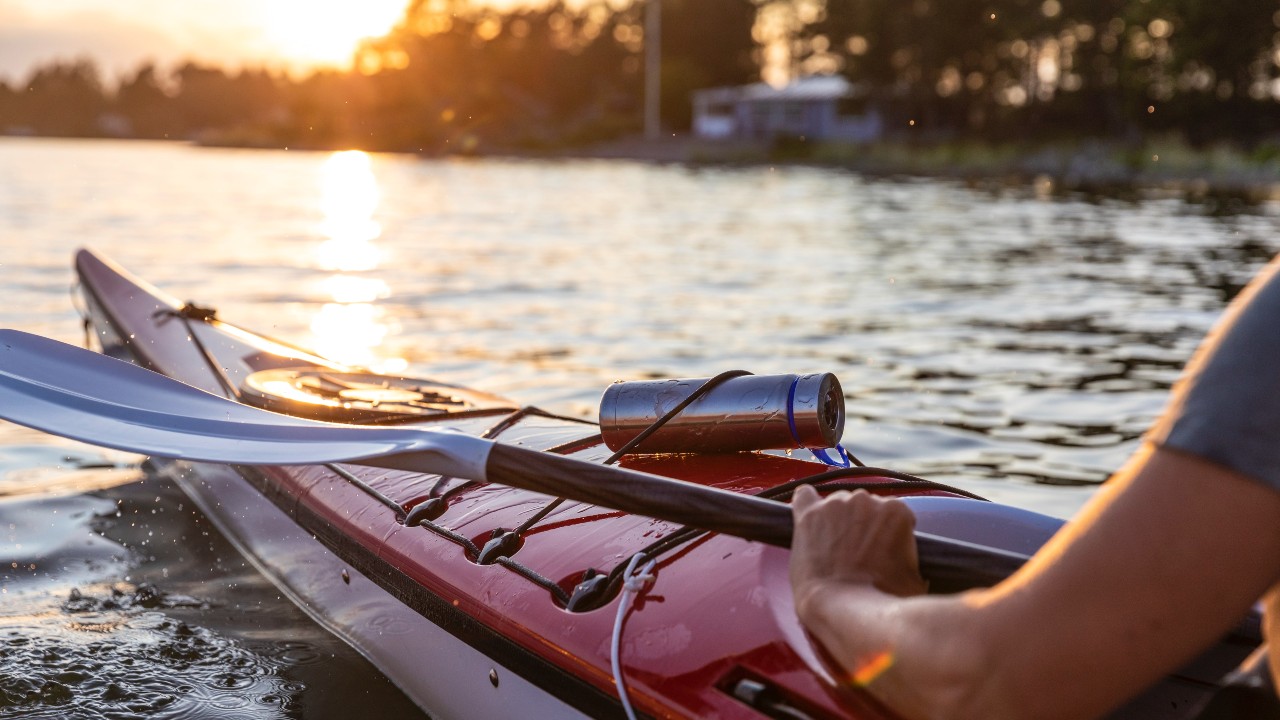
The most important feature of insulated stainless steel bottles is their ability to keep drinks cold or hot over time. Both of the models in this review sport double-walled vacuum insulation, but which one is better when it comes to thermoregulation?
Yeti Rambler 26 oz outperforms most of its rivals, including Contigo’s Autoseal model (but not the Hydro Flask bottles – they’re still a golden standard). It effortlessly keeps hot beverages hot for about 8 hours (so, not for 12 hours, as its manufacturer claims) and cold drinks cold for one whole day.
Contigo’s Autoseal bottle, on the other hand, is very good at maintaining the temperature of cold drinks – its Thermalock insulation can keep your water cold for up to 28 hours. This is seriously impressive for such an inexpensive stainless steel bottle. And while this model can be used with warm beverages, the manufacturer advises against doing so – the bottle’s mouthpiece just doesn’t work with hot drinks.
In my opinion, Yeti’s Rambler model also wins in this category. However, I must admit that I was thoroughly impressed by Autoseal’s ability to keep cold drinks cold for a long time. If you’re on a budget and need a reusable stainless steel bottle just for water, Contigo is a fantastic choice.
If you’re on a budget and need a reusable stainless steel bottle just for water, Contigo is a fantastic choice. However, in the broader debate of Stanley vs Yeti, many find that Stanley bottles also offer commendable thermoregulation, standing toe-to-toe with the Yeti Rambler in terms of performance. It’s another worthy option for those diving into the insulated bottle market.
The Weight
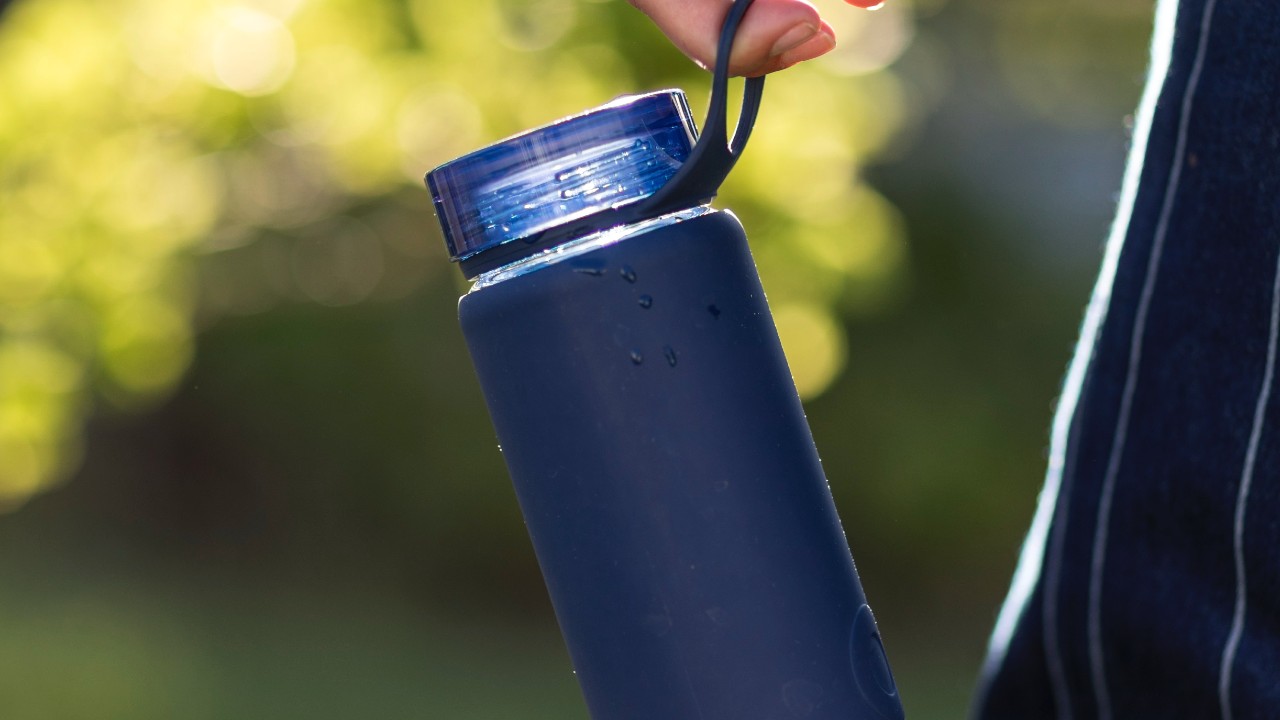
A lot of people claim that weight doesn’t matter that much when it comes to water bottles, but ultralight hikers would disagree. Some folks like to pack really light, and to them, every ounce matters.
Contigo’s popular Autoseal bottle is a clear winner in this category – it weighs just a bit above 1 pound, compared to Yeti’s 1.6 pounds. The model feels genuinely lightweight and makes one-handed operation effortless. I should also point out that this bottle has a sleek and modern design and is available in 25 different colors.
Due to its durable construction and high-performing double-walled insulation, Yeti’s bottle weighs significantly more, even though it provides just a little bit more space for your favorite drink than the Autoseal bottle (26 oz vs 24 oz). While it may not be the best choice for ultralight trekkers, the Rambler 26 oz should work for most people – it won’t add too much additional weight to your hiking backpack.
If you want your bottle to be as light as possible, go with Contigo’s Autoseal model – it’s as simple as that. If you’re willing to sacrifice weight for better durability and insulation, on the other hand, go with Yeti – you certainly won’t regret your decision.
The Features
Stainless steel bottles made by reputable brands – such as Yeti, Contigo, Hydro Flask, S’Well, Iron Flask and Takeya – often come equipped with convenient extra features that give them an edge over cheaper bottles.
The best feature of the Contigo bottle is mentioned in its name – the Autoseal technology. To put it simply, this is a button that allows the owner to seal the lid between sips and, in that way, prevent leaks and spills from occurring. The model also has an integrated carrying handle.
Yeti’s Rambler bottle, on the other hand, has one of the market’s best carrying handles on its Chug Cap – the 3-finger handle is very wide and allows easy and comfortable transportation. The aforementioned Chug Cap eliminates spillage with its narrow spout, while the DuraCoat finish prevents fading, peeling, and cracking.
While they’re certainly not as rich in “bells and whistles” as some other drinkware products, both of these stainless steel bottles are well-equipped with quality-of-life features that make using them a joy.
The Value
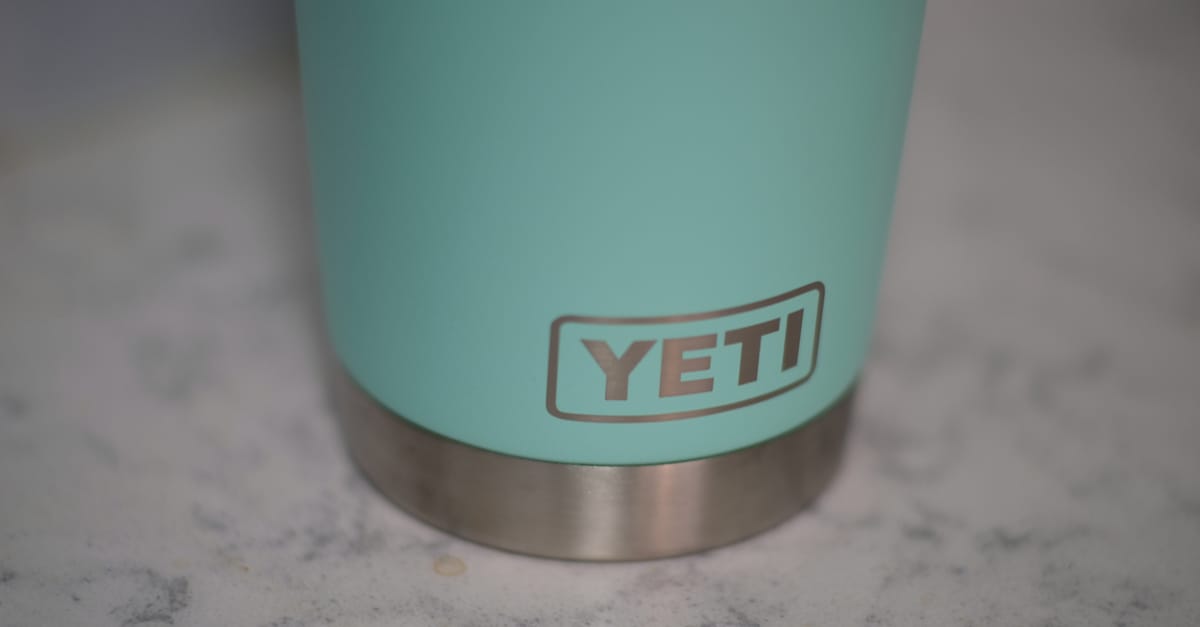
Stainless steel bottles manufactured by renowned brands almost always provide great value for the money. However, there is one big difference between Contigo Autoseal and Yeti Rambler in this department.
While it’s not as good as its rival when it comes to durability or performance, Contigo Autoseal 24 oz is actually a 2-pack: two of these flasks cost less than just one Yeti Rambler 26 oz bottle. This is an extraordinary deal, especially after considering that this is a genuinely good stainless steel bottle – it’s just that it’s not a top-notch product like Yeti.
The Rambler bottle provides excellent value for the money – it’s well-made, it has great thermoregulatory capabilities, and it’s easy to use and carry. However, I should point out that the price of this model varies wildly depending on what color you’d like to buy – from $38 to a whopping $125.
In any case, one can’t really make a mistake by going with either of these reusable bottles. These are not your typical knock-offs that fall apart after only a few months of use – they are two reliable bottles that can last for years as long as you take good care of them.
The Verdict
So, which one of these two stainless steel bottles is better? The answer to this question will depend upon your personal needs.
The best thing about Contigo Autoseal is that it’s a 2-pack that costs less than a single Yeti bottle featured in this comparison. Furthermore, this model weighs less than its rival – which makes it a great choice for ultralight hikers – and it comes equipped with a convenient leak-resistant lid.
However, Yeti’s Rambler model beats it in almost every department and stands as a better choice if you want your reusable water bottle to be as durable and high-performing as possible. It is sturdy, fade-resistant, easy to use and carry, as well as capable of keeping drinks hot and cold for a long time – what more could one want?

I love hiking, backpacking, and camping. From the Camino de Santiago to the West Highland Way in Scotland or simply a great day hike on the weekend. Hiking refreshes me, my mind, and keeps my body reasonably fit. So far I have walked three Camino routes and many other long distance hikes in the UK, Canada, and around the rest of Europe. One of the best was my hike up Ben Nevis.

